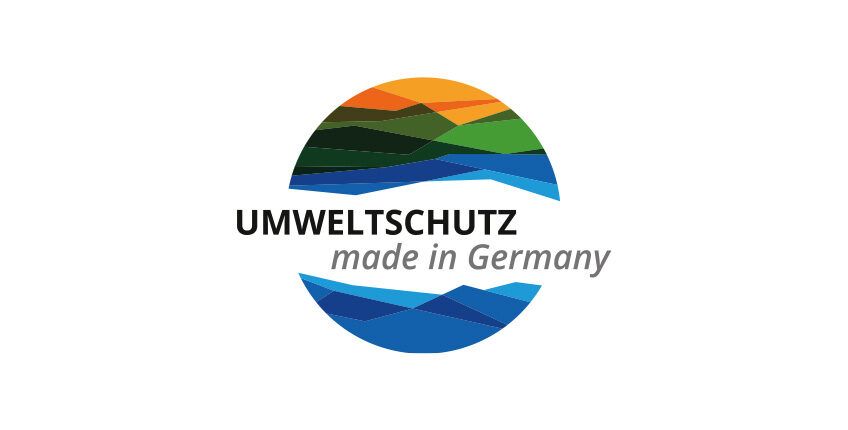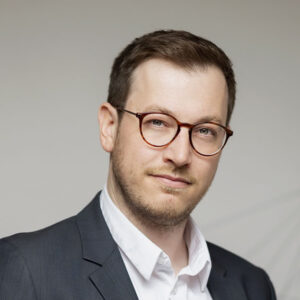As part of the Export Initiative Environmental Technologies (EXI), the first projects of the new funding priority area on the topic of green hydrogen and fuel technologies are commencing.
Three projects took up their work on Jan. 1, 2022: In Jordan, the “German-Jordan Water-Hydrogen Dialogue”; in South Africa, the “Hydrogen Tryout Area” project; and in India, the “ECOFCGen – Decentralised Fuel Cell-based Power Generator” project. The international projects focus on water, wastewater, green hydrogen and decentralised power supply based on fuel cells.
German-Jordan Water-Hydrogen Dialogue (GJWHD): Sharing expertise and know-how on water and hydrogen
The GJWHD project fosters the advancement of German-Jordanian knowledge and its transfer in the fields of water, wastewater and green hydrogen. It is implemented by the Wuppertal Institute (WI).
Besides the dramatic (waste) water situation in Jordan and the related consequences for the environment and health, the “German-Jordan Water-Hydrogen-Dialogue” is simultaneously also addressing the fact that various countries in the region are interested in hydrogen production. The aim of the project is to build up and transfer knowledge. On the one hand, between the stakeholders of the German (waste) water sector and relevant Jordanian stakeholders and, on the other hand, on the level of facts with regard to the connections between the resource water and the sustainable production of green hydrogen. This will be accomplished through systematic knowledge transfer in the context of multi-day expert workshops in Germany and Jordan. Excursions to relevant plant operators will also be part of the workshop series.
Hydrogen Tryout Areal (HyTrA): Developing rural regions with island grids and microgrids
The HyTrA project of the Fraunhofer Institute for Machine Tools and Forming Technology (IWU – Fraunhofer-Institut für Werkzeugmaschinen und Umformtechnik) and Texulting GmbH aims to unlock previously untapped potential in rural, often remote and inaccessible, areas in developing and emerging countries with so-called island grids or microgrids. Here, hydrogen can be generated decentrally from renewable energy and used for stationary reconversion into electricity by means of fuel cells. In this way, energy scarcity can be tackled and these regions can be supplied with sufficient, sustainable and reliable energy. In addition, the frequently used generators, which are mostly based on diesel, can be gradually replaced and a substantial contribution to the reduction of carbon emissions can be achieved. These microgrids can guarantee a stable, continuous and comprehensive supply of energy even in urban areas. The development of structures that guarantee industrial production or service would have numerous advantages, such as bringing about immense social benefits, boosting economic development and preventing ecological overexploitation as well as economically motivated migration.
German GreenTech products for South Africa
The GreenTech products from Germany that are necessary for this purpose are to contribute to the establishment of a Hydrogen Tryout Areal (HyTrA) for microgrids in South Africa. The core element of HyTrA is a robust and cost-effective microgrid (HyGrid) specially designed for the African market, in which an electrolyser for hydrogen production and a fuel cell for reconversion into electricity are combined in a compact unit. This innovative solution forms the heart of a hydrogen biotope, which also has a technology showcase (HyWindow). The objective is to arouse the interest of local companies to take over parts of the component production, assembly or installation.
The aim is to develop and set up a special Hydrogen Tryout Areal for South Africa, with three main building blocks:
- HyGrid: This is intended to complete the development of a compact 8 kW hydrogen microgrid.
- HyWindow: This building block refers to activities of the Hydrogen Technology Showcase, which combines the development of a virtual reference system and microgrid field trials.
- HyFrame:As the third main building block, the so-called HyFrame develops a framework with various service lines to support the positive effects of HyGrid and HyWindow from various perspectives including economical, ecological, scientific and sociological points of view.
ECO-FCGEN: Decentralised power generator based on fuel cells
The goal of the United Nations is to ensure access to affordable, reliable, sustainable and modern energy for everyone. This is the starting point for the ECO-FCGEN project, which is being conducted by CBC GmbH & Co. KG, the Fraunhofer Institute for Manufacturing Engineering and Automation (IPA – Fraunhofer-Institut für Produktionstechnik und Automatisierung) and the University of Bayreuth. This project aims to develop a decentrally operating system based on a proton exchange membrane (PEM) fuel cell (purchased) into an integrated, ready-to-use system and to provide a working and tested prototype as a demonstrator unit. As part of this, CBC GmbH & Co. KG from the field of diesel gensets is expanding its product range to include hydrogen-based fuel cells. Existing competencies are being expanded with new expertise to enable the transformation of fossil fuel-based drive systems to more sustainable forms. The German Chamber of Commerce and Industry India ensures sustainable implementation on the ground through the integration into local structures and networking with local partners.
Fuel cells rather than diesel generators: Environmentally friendly supply of back-up and emergency power
For a genset solution with the goal of environmentally friendly backup and emergency power supply, the fuel cell is currently the only alternative to the internal combustion engine. It enables a permanent and reliable energy supply for countries that rely on diesel-engine-powered gensets to supply critical and non-critical infrastructures.
The prototype is being dimensioned to deliver an output of 50-60 kW and serves as a basic modular concept. Based on this prototype, a product portfolio of fuel cell gensets with different power classes will be developed and subsequently brought to market as a follow-up to this project.
After completion of the project, a competence hub for decentralised power supply using fuel cells is to be established in India in addition to the development of a circular strategy for maintenance, service and repair. This is anticipated to generate co-benefits such as the linking of renewable energies with the generation and storage of green hydrogen as well as the demand-oriented, decentralised and self-sufficient provision of energy through fuel cell gensets.
Further information (in German):
Project page of the German-Jordan Water-Hydrogen-Dialogue


